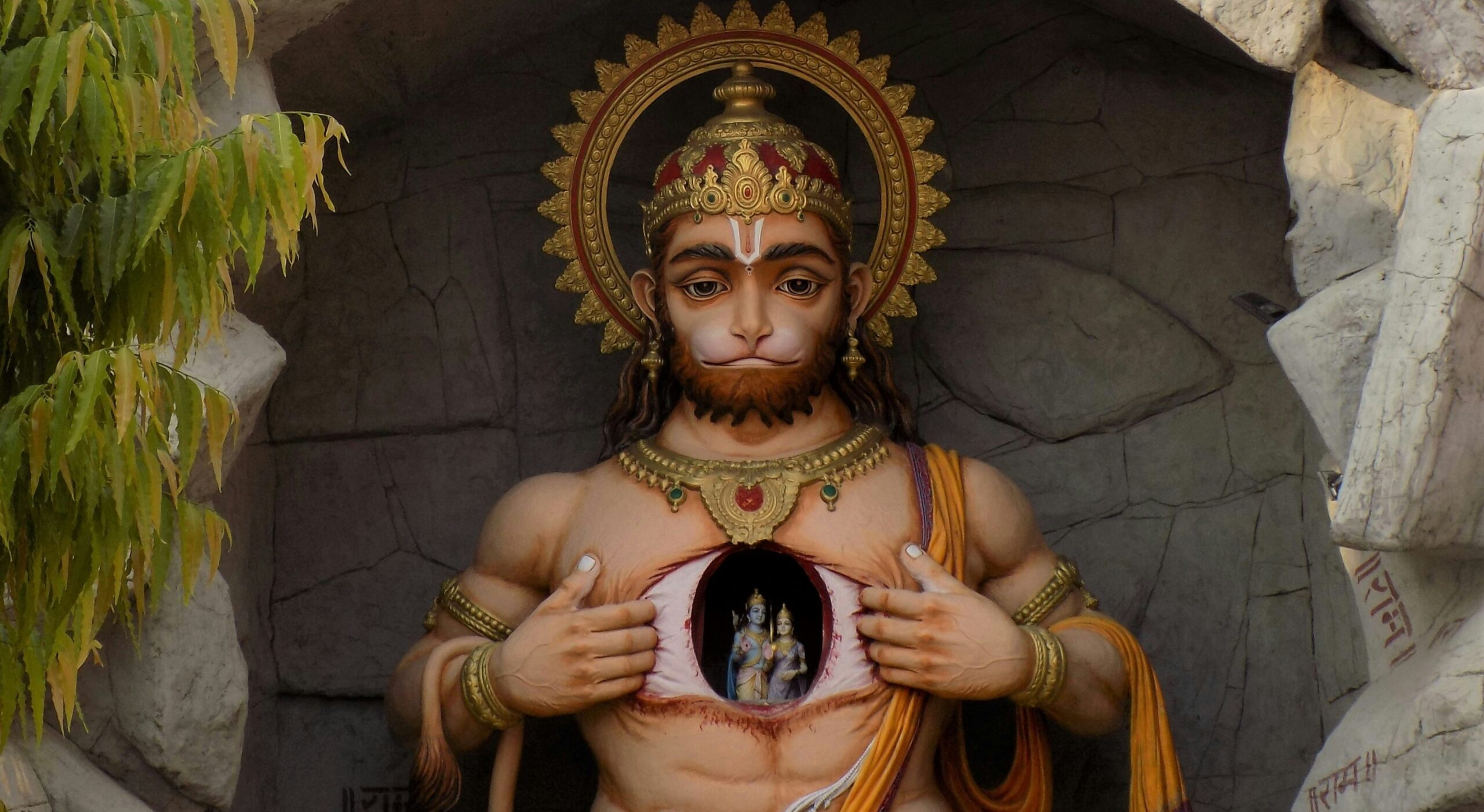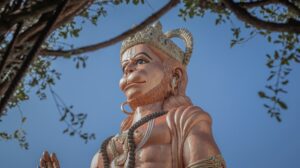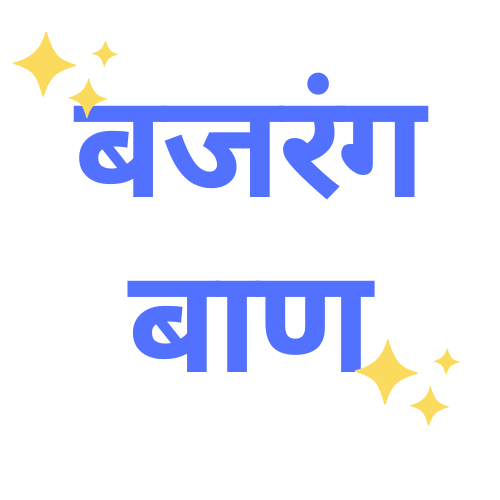Can women read Hanuman Chalisa?
The Hanuman Chalisa, a sacred chant dedicated to the mighty Lord Hanuman, holds a revered position in Hinduism. Many devotees across the globe recite it daily, seeking his blessings and guidance. However, a question often arises – can women read the Hanuman Chalisa? The answer, as revealed by the Shastras, the ancient Hindu scriptures, is a resounding yes.
Secret Strength of Shabar Mantras
शबरेषु च मन्त्राणाम् अत्युग्राः परमेश्वराः।
तेषां जप्यं नृलोकेषु सर्वदा सर्वकामदाः॥
Among the Shabar mantras, there are powerful deities. These mantras, when chanted in the human world, can grant all desires and should be recited always.
शबरेषु च मन्त्राणाम् श्रद्धा हि परमं बलम्।
फलदास्त्वन्ये मन्त्राणाम् श्रद्धाहीना न सिध्यति॥
In Shabar mantras, unwavering faith is the ultimate power. Other mantras may grant results, but without faith, they will not be successful.
शबराणां तु मन्त्राणाम् सर्वेषां सुलभाः स्मृताः।
फलदास्त्वन्ये मन्त्राणाम् कठिनाः दुर्लभाश्च ये॥
Shabar mantras are considered easily accessible to all. Other mantras may be difficult and hard to find, but not these.
The Hanuman Chalisa is not just any ordinary mantra. It belongs to the unique tradition of Shabar Mantras. These are simple yet potent chants, often composed in vernacular languages, that emphasize unwavering faith and devotion. Unlike some complex mantras with specific pronunciations, Shabar mantras derive their power from the sincerity and purity of the chanter’s heart.
The Misconception
मन्त्रस्य सिद्धिर्भवति तस्यैव यस्य विचारशुद्धिः।
न स्त्रीत्वं न पुंस्त्वं न जातिर्भवति कारणम्॥
The success of a mantra comes only to one with pure thoughts. Neither being female, male, nor one's birth determines this outcome.
आत्मैव हि परात्मा च नित्यं सर्वगतौ स्मृतौ।
तस्मान्न जातिभेदोऽस्ति न स्त्रीपुंसत्व भेदः॥
The individual Self and the Universal Self are always one and ever-present. Therefore, there is no distinction based on caste or gender.
न हि जातिर्नृपत्वं न च वर्णो नैव शौचम्।
नापि स्त्रीत्वं न पुंस्त्वं मोक्षे हेतुर्भवन्ति॥
Neither birth, nor royalty, nor caste, nor external purity, Nor being female or male, are causes for liberation (moksha).
The misconception surrounding women and the Hanuman Chalisa likely stems from Lord Hanuman’s vow of celibacy (akhand brahmachari). However, it’s crucial to understand that this vow reflects his unwavering devotion to Lord Rama, not a disregard for women.
Hinduism, throughout its rich history, has celebrated the strength and power of women. From revered goddesses like Lakshmi, Durga, and Saraswati to countless stories of brave women warriors and scholars, the religion emphasizes the equality of the genders. The Shastras themselves stand as a testament to this respect.
Women as Devotees
न स्त्रीत्वं न पुंस्त्वं न जातिर्भवति कारणम्।
भक्तिरेव हि कारणं भगवत्पदवीप्राप्तौ॥
Neither being female, male, nor one's birth is the cause. Only devotion (bhakti) is the reason for attaining the divine status
भक्त्या च भगवान् लभ्यते नान्येन कर्मणा।
तस्मान्न स्त्रीपुंसौ भेदोऽस्ति भक्तिरूपेण॥
Only through devotion can the divine be attained, not by any other action. Therefore, there is no distinction between women and men in the form of devotion.
यत्र नार्यस्तु पूज्यन्ते रमन्ते तत्र देवताः।
यत्रैतास्तु न पूज्यन्ते सर्वास्तत्राफलाः क्रियाः॥
Where women are honored, there the gods are pleased; But where they are not honored, no sacred rite yields rewards.
The core principle of the Hanuman Chalisa lies in devotion. Anyone, irrespective of gender, caste, or creed, can connect with Lord Hanuman’s immense strength, unwavering loyalty, and selfless service through this sacred chant.
The Hanuman Chalisa itself doesn’t mention any restrictions on who can recite it. In fact, numerous stories and scriptures throughout Hinduism depict women seeking Lord Hanuman’s blessings. The epic Ramayana itself narrates the tale of Anjani, Lord Hanuman’s mother, who was a devoted follower of Lord Shiva.
Unleashing the Power Within
Therefore, women can not only read the Hanuman Chalisa but also reap its immense benefits. By incorporating it into their daily practice, they can:
– Invoke Lord Hanuman’s blessings for strength, courage, and perseverance.
– Seek guidance in overcoming challenges and achieving their goals.
– Cultivate inner peace and devotion through the power of this sacred chant.
Devotion Transcends Gender
The Hanuman Chalisa is a powerful tool for spiritual growth and well-being, accessible to all devotees, regardless of gender. Let your faith and devotion be your guide as you embrace the power of this timeless chant. Remember, true devotion transcends societal limitations and fosters a connection with the divine.
In addition to reciting the Hanuman Chalisa, women can explore other ways to connect with Lord Hanuman, such as visiting temples dedicated to him, participating in Hanuman Chalisa reading sessions, or offering prayers and puja rituals.
May the blessings of Lord Hanuman be with you on your spiritual journey.









Shri Hanuman Aarti